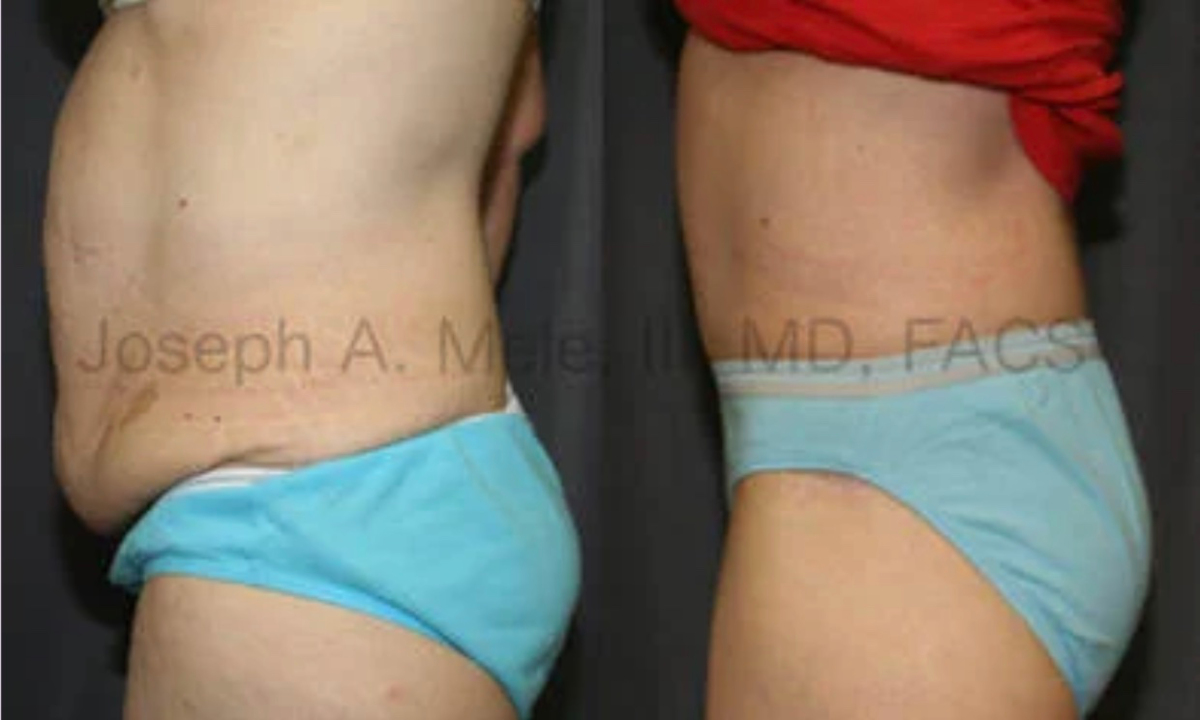
Semaglutide, originally prescribed for diabetes, has become the world’s most popular weight loss injectable.
We all know to stop eating at least 8 hours before surgery. This precaution is required to prevent airway complications such as aspiration during surgery by making sure your stomach is empty. However, if you are taking one of the new, popular weight loss drugs like semaglutide (Ozempic, Rybelsus or Wegovy), we are learning 8 hours may not be enough time for your stomach to empty. Experts are now recommending stopping semaglutide and other similar diabetic/weight loss drugs from days to weeks before any elective procedure to prevent possible severe surgical complications.
Semaglutide is a GLP-1 analog. GLP-1 analogs are Glucagon-like peptide-1 receptor agonists originally used to treat diabetes, which can also can cause weight loss. They have a lower risk of causing low blood sugar (hypoglycemia) compared to the older oral diabetes meds, such as sulfonylureas (tolbutamide, glypizide and glimepiride) or meglitinides (Prandin, Starlit and Glufast). Other GLP-1 medications are Victroza, Trulicity, Mounjaro and others are currently under investigation. Many are listed on the Wikipedia GLP1 page.
The American Society of Anesthesiologists
The American Society of Anesthesiologists(ASA) Task Force on Preoperative Fasting reviewed the available literature on GLP-1 agonists and associated adverse effects with surgery. The current evidence is sparse, limited only to a handful of case reports. Delayed gastric emptying is seen in diabetic patients, the same patients prescribed GLP-1 meds. Nevertheless, given the concerns of GLP-1 agonists further increasing delayed gastric emptying and associated high risk of regurgitation and aspiration of gastric contents, the ASA task force suggests the following recommendations for elective procedures:
- Day(s) Prior to the Procedure:
- For patients on daily dosing consider holding GLP-1 agonists on the day of the procedure/surgery. For patients on weekly dosing consider holding GLP-1 agonists one week prior to the procedure/surgery.
- This suggestion is irrespective of the indication (type 2 diabetes mellitus or weight loss), dose, or the type of procedure/surgery.
- If GLP-1 agonists prescribed for diabetes management are held for longer than the dosing schedule, consider consulting an endocrinologist for bridging the antidiabetic therapy to avoid hyperglycemia.
- Day of the Procedure:
- If gastrointestinal (GI) symptoms such as severe nausea/vomiting/retching, abdominal bloating, or abdominal pain are present, consider delaying elective procedure, and discuss the concerns of potential risk of regurgitation and pulmonary aspiration of gastric contents with the proceduralist/surgeon and the patient.
- If the patient has no GI symptoms, and the GLP-1 agonists have been held as advised, proceed as usual.
- If the patient has no GI symptoms, but the GLP-1 agonists were not held as advised, proceed with ‘full stomach’ precautions or consider evaluating gastric volume by ultrasound, if possible and if proficient with the technique. If the stomach is empty, proceed as usual. If the stomach is full or if gastric ultrasound inconclusive or not possible, consider delaying the procedure or treat the patient as ‘full stomach’ and manage accordingly. Discuss the concerns of potential risk of regurgitation and pulmonary aspiration of gastric contents with the proceduralist/surgeon and the patient.
- There is no evidence to suggest the optimal duration of fasting for patients on GLP-1 agonists. Therefore, until we have adequate evidence, we suggest following the current ASA fasting guidelines.15,16
The Canadian Journal of Anesthesia
One of the case reports mentioned above can be found published in the The Canadian Journal of Anesthesia. The article, Regurgitation under anesthesia in a fasted patient prescribed semaglutide for weight loss: a case report.
The most disturbing finding in this case is that all the ASA recommendations were followed and the patient still had a large volume of food in their stomach. The patient was not diabetic nor obese and they had no traditional risk factors for regurgitation or aspiration. Despite a prolonged preoperative fasting period, twenty hours for solid food and eight hours for clear fluids, they experienced regurgitation of a large volume of gastric contents upon induction of general anesthesia.
The only risk factor was the use of semiglutide. This patient was compliant with her doctor’s request to stop the semiglutide two days before their scheduled procedure; however, it was not enough time for their stomach to empty. The stomach normally empties in a few hours. Eight hours to be safe for a normal patient. This patient’s stomach was still full after twenty hours!
Semaglutide has a half-life of about one week. This means only half the drug is out of your system in a week. The article acknowledges that there are currently no guidelines for the timing of stopping GLP-1 medications before surgery. They propose holding GLP-1 medications four weeks prior to a scheduled procedure when feasible and considering full stomach precautions.
Safety is the Highest Priority

Tummy Tucks, also know as abdominoplasty, are one of the most common cosmetic procedures performed after weight loss.
Weight loss medications can be life changing. For patients who are significantly overweight and have failed other weight loss methods, such as diet and exercise, it can even be life saving. But stopping GLP-1 agonists before elective surgery is critical and must be carefully planned to avoid complications during surgery. If you have lost weight with the use of semaglutide or another GLP-1 receptor against and are considering a Tummy Tuck or other skin tightening procedures, inform your surgeon of all current and recent medications, supplements and over-the-counter meds. No matter how well trained and experienced, a Board Certified Plastic Surgeon still needs all the information to make your surgery safe and predictable.
To schedule a private consultation for skin reduction after weight loss, call (925) 943-6353 today.
Previous Post Next Post